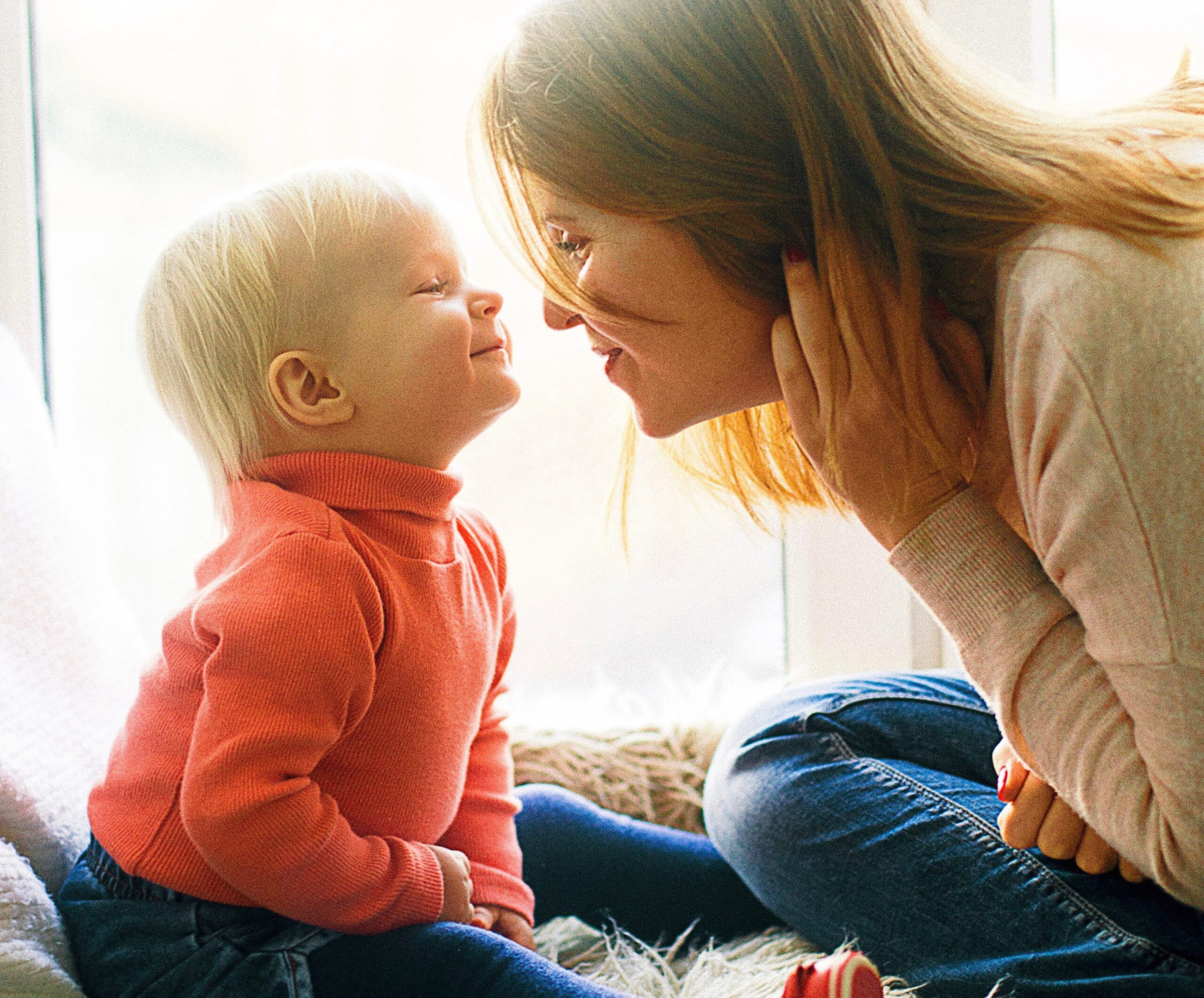
They are worth it!
Every situation is unique. Every child and family is different. Here are three trends that are consistent among families of disabled individuals.
Emotions Following the Diagnosis
Some parents describe feelings of shock after hearing the diagnosis of a disabled child. Of course you are going to feel surprised, sad, and even angry. Parents have dreams and aspirations for each of their children. These feelings are normal, in fact they are similar to the grieving process. Be patient with yourself and your family members. Bill Healy says that these parents should be encouraged to ask questions and express their emotions. The six stages of adjustment may include: shock, attempt to change reality, anger, depression, acceptance, and planning for an enjoyable future.
“When I found out that Sam was going to be disabled at birth, I felt shock and sadness. But, then I thought, ‘These are the cards we have been dealt. This spirit will need assistance throughout life and we will be the ones to give it to him. I will be at the top of my game.’ Now, 20 years later, I am so glad Sam is in our home!”
– Anonymous
Finding the Right School and Programs
The parent is the most important advocate for a child. Educators come in a close second. Educational resources for disabled children are different depending on where you live and the type and scale of the child’s disability. When you feel ready, ask professionals and parents of children with similar disabilities what they recommend. There are also many government agencies that your child may qualify for, including the Division of Developmental Disabilities, which is different for every state.
“I was hesitant to tell people about Trey’s autism at first because I didn’t want him to be labeled. But, when I was ready to open up and started talking to people, I learned about the autism clinic that has been a best for Trey. We appreciate the private school’s one adult to one student policy, which is what Trey needed. We also benefitted from the state’s Early Intervention Program that brought trustworthy speech professionals into our home before Trey attended school.”
– Anonymous
Support from Family
The road of caring for a disabled child is bumpy and long. Some parents of disabled children say they rely on their spouse and God more than support groups. Of course, those you are closest to have the potential for understanding you and your child most accurately. They are also able to physically help in ways that you may not be able to. Patricia McGill Smith says that there are many support groups out there. “The more couples can communicate at difficult times like these, the greater their collective strength” (
“While you live with and care for your disabled child there are a lot of emotions. Every day is different. My husband and I have found our roles. Somethings I am better at and somethings he is better at. For example, I get nervous that Trey will run and get lost in public, but Jim can relax and enjoy scootering in the neighborhood or playing at the park with Trey. I don’t know what I would do without my patient husband.”
– Anonymous
Online Resources for Families of Disabled Individuals (Just A Few)
- 30 Ways to Celebrate Autism Awareness Month
- Autism Therapy Dogs
- Cerebral Palsy Guide
- Creating an Autism Friendly Home
- Designing a playroom for Children with Autism
- Digital Resources for Children with Autism
- Digital Resources for Students with Autism
- Disabled Renters Housing Rights
- Going to Disneyland with Children with Special or Medical Needs
- Guide to Paying for College for People With Disabilities
- Guide to Helping Kids with Autism Sleep Better
- Helping Parents Deal with the Fact That Their Child Has a Disability
- Managing Your Child’s Transition to Adulthood
- Moving with Kids with Autism
- Parenting Children with Special Needs by Kristin Shaeffer
- Renters Rights for People with Disabilities
- Special Needs Checklist: How Disability-Friendly is Your City?
- Sleep and Autism
- Students with Autism
- The Unplanned Journey: When You Learn That Your Child Has a Disability
- Traveling with Kids with Autism
- Vocational Training for Adults with Special Needs
- Wonder Moms
- You Are Not Alone
